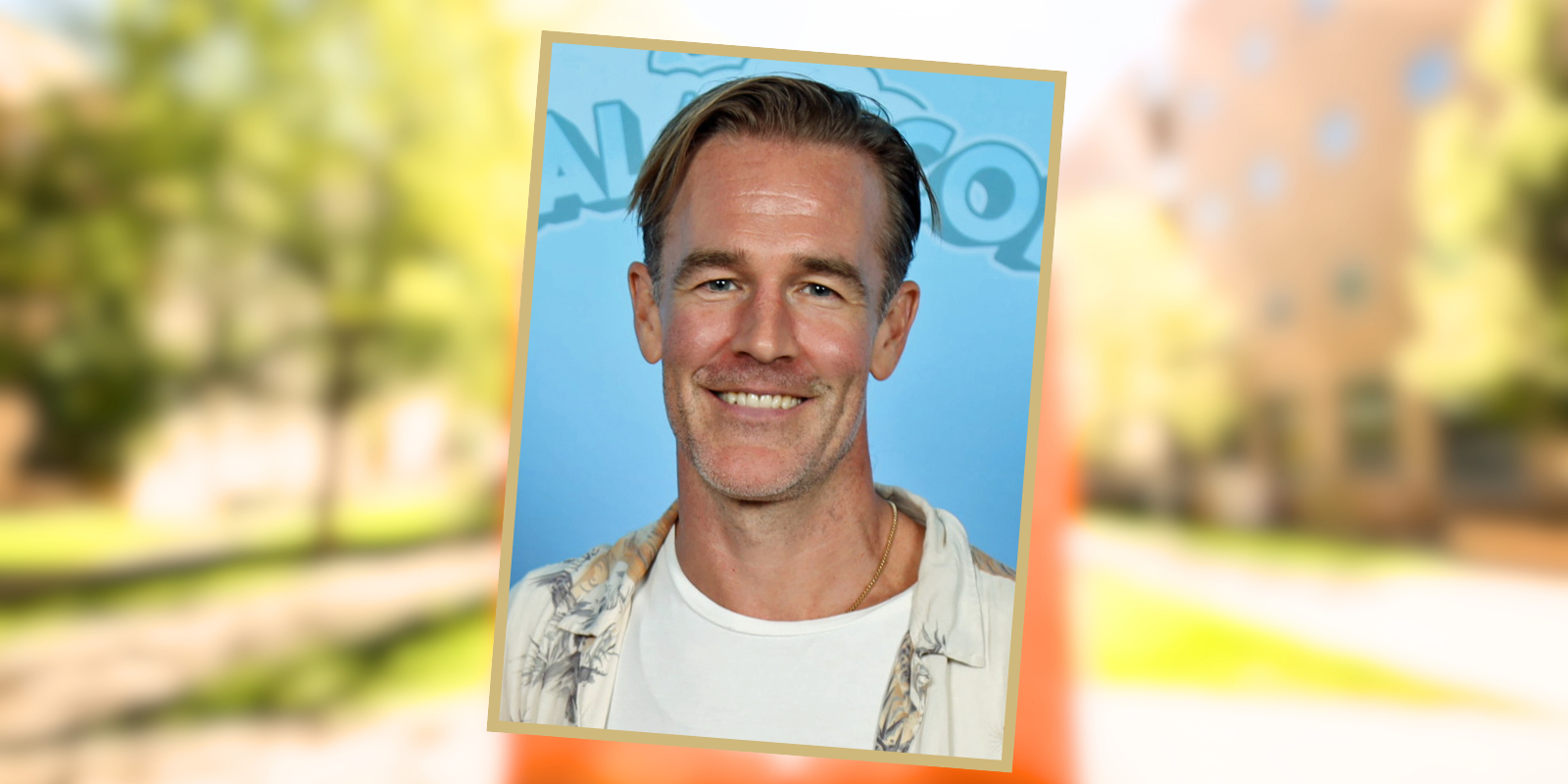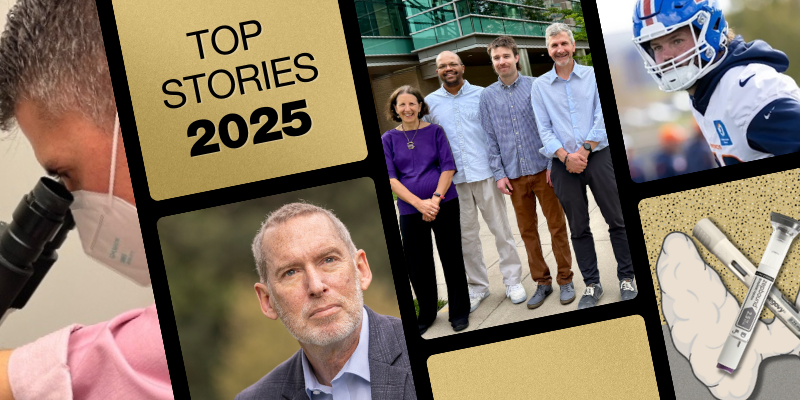A cancer diagnosis is a serious matter – which is why a patient who gets one should seriously consider getting a second opinion.
Even if your oncologist is a top expert, a second opinion can boost your confidence in the doctor’s diagnosis or treatment recommendation. Or, if a second doctor’s opinion differs from that of your first doctor, it could lead to a reappraisal that could help save your life.
And don’t assume that your doctor will be offended if you seek a second opinion, says Wells Messersmith, MD, associate director of clinical services at the University of Colorado Cancer Center and head of the Division of Medical Oncology in the CU Department of Medicine. “In the case of a new cancer diagnosis, both the patient and the treatment provider want to feel totally confident in whatever the initial treatment recommendations are,” he says.
Seeing a specialist
Messersmith has delivered thousands of second opinions over the last 20 years. He notes that a treatment plan “can often have long-term impacts that need to be thought through. For instance, if you have a really aggressive surgery early on that causes a lot of scarring and other issues, you might not be able to do another surgical approach in that area of the body again. Or, you decide not to do surgery, and you do a bunch of chemotherapy and radiation, that patient may not be a surgical candidate down the line.”
Another reason to get a second opinion, Messersmith says, is that “there are over 200 types of cancer. Especially in rural areas, it’s increasingly difficult for people who treat all 200 to keep up with the latest guidance. Having specialist input from someone who sees one type of disease for their entire career is often useful.”
Specialists, he says, “often know about trials and clinical findings years before they’re published. Maybe it’s a new treatment, a new technology, or a new toxicity.”
Another time to consider getting a second opinion, Messersmith says, is after treatment has begun and there’s a major change in the status of a cancer – “for instance, if it grows or spreads while on the current therapy, and you're trying to figure out what to do next.”
No crystal ball
What about a patient’s fear of upsetting their doctor if they say they want another view? “In oncology, culturally, we actually are strongly supportive of getting second opinions,” Messersmith says, “because most of these are life-and-death decisions, and we need to sleep at night, too. In fact, I'll often ask my patients to get a second opinion. I don’t have a crystal ball. I don’t know exactly how things will work out, and I don't want the patient to look back and say, ‘Oh, I wish we had thought through this or that in more detail.’”
He adds that when he sees a patient to offer a second opinion and he calls the first doctor to consult on the case, “I honestly usually hear them breathe a sigh of relief, because someone else has looked at the case. Every once in a while, I’ll get a patient who says, ‘I want to see you for a second opinion, but I don’t want my primary oncologist to know about it.’ I try to avoid that, because, No. 1, it's very important to have trust in a doctor-patient relationship, and No. 2, if the first oncologist doesn’t know about it, I can't send my recommendations.”
Some patients seeking a second opinion get referred to Messersmith by their primary-care physician or original oncologist. Others come to him after doing their own research online.
One advantage of coming to the CU Cancer Center for treatment, Messersmith says, is its multidisciplinary clinics, where a patient’s case is evaluated by a variety of specialists in one day. “Right from the get-go, you essentially have 15 second opinions, because there are 15 other providers in the room, talking through the case and trying to figure things out.”
That means a medical oncologist like himself can exchange treatment perspectives with a surgical oncologist on the spot, he says. “You also have an expert pathologist and a radiation doctor and a genetics expert and others who are there reviewing each case. With this multidisciplinary approach, we found that we change treatment recommendations about a third of the time, in subtle ways or larger ways.”
Photo at top: Wells Messersmith, MD, associate director of clinical services at the University of Colorado Cancer Center.



